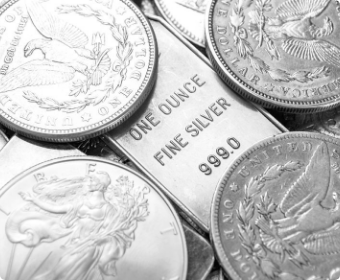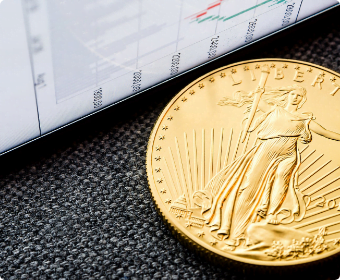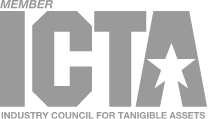More

Protect your retirement and secure
your hard earned savings by investing in precious metals.

Gold provides the only safe harbor for your investments that has withstood the test of millennia
LEARN MORE
Silver provides a highly-liquid, affordable investment that compliments any portfolio
LEARN MORE
30 times rarer than gold, platinum offers security alongside strong industrial demand
LEARN MORE

IRA eligible precious metals that
are IRS approved and offer protection for your retirement





Financial Freedom for your retirement

Gold has historically been a stable safe-haven asset that grows over time and counters inflation.
Gold has no counter-party risk unlike stocks and has withstood the test of time as a reliable investment.
A gold IRA is one of the most tax-efficient options available for investors and savers.
Get a personally tailored plan specific to your financial goals and needs. Connect with an advisor today.